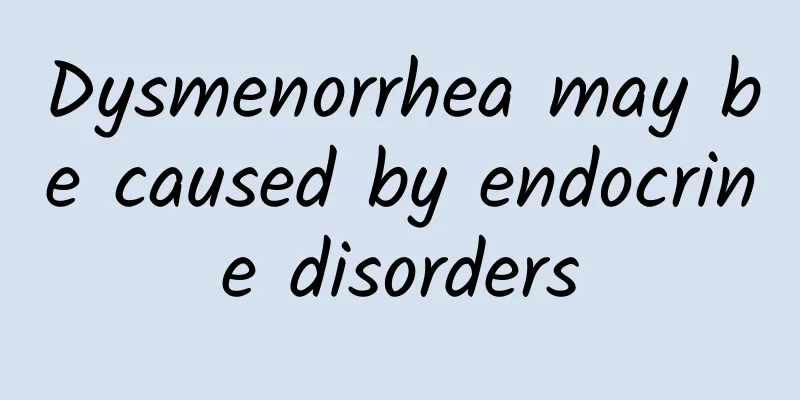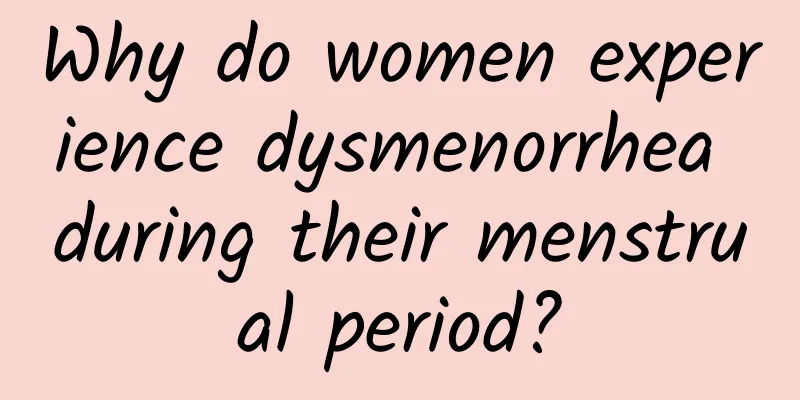These 4 reasons can easily lead to habitual miscarriage in women

|
Habitual miscarriage will not only make many women lose the opportunity to become mothers, but also bring a lot of harm to the body every time they have a miscarriage. There are many reasons for habitual miscarriage, the most common of which are genetic factors, relaxation of the internal cervix of women, or giving birth too late and missing the best childbearing period, endocrine disorders and other factors. If you want to prevent it in daily life, you need to start with the cause of the disease to fundamentally solve the problem. Pregnancy is supposed to be a very happy thing, but an unexpected miscarriage can be a big blow to women, especially habitual miscarriage, which not only makes women lose the opportunity to be mothers, but may also induce other complications in severe cases. Therefore, it is necessary to be cautious. Once this happens, targeted treatment based on the cause can minimize the harm. So, why do people have habitual miscarriages? |
<<: These 6 reasons can cause habitual miscarriage
>>: What are the causes of habitual miscarriage in women? Pay attention to 4 things
Recommend
Study: Lifestyle habits affect the risk of stroke, dementia and depression! 3 ways to build a healthy lifestyle
2024 is coming to an end. Looking back on this ye...
Eat small meals frequently to prevent weight gain and eat 300 calories less per day
Gaining weight again can be said to be a nightmar...
When is the best time to have a painless abortion?
There is no "best time" for painless ab...
What are the grades of uterine prolapse?
What are the grades of uterine prolapse? Medicall...
Do multiple uterine fibroids require surgery? How big does a uterine fibroid need to be to require surgical treatment?
Menstrual changes, abdominal lumps, increased leu...
Is Bartholinitis contagious during the incubation period?
Bartholinitis is a gynecological disease caused b...
Secondary amenorrhea can affect women's normal reproductive function
Amenorrhea is divided into primary and secondary ...
Can miscarriage be completely cured?
Nowadays, there are more and more sub-healthy peo...
What to do if you have irregular menstruation after cesarean section? 8 things to pay attention to when you have irregular menstruation after cesarean section
In the gynecological clinic, the uterine wall sca...
What does an egg-sized uterine fibroid look like? Is an egg-sized uterine fibroid serious?
What does an egg-sized uterine fibroid look like?...
Can abortion be cured? Treat the symptoms
Miscarriage can be cured as long as the main caus...
Will girls have toothache when their period is coming? Yes, it can cause
Women's menstruation can cause tooth acid. Be...
A low-carb diet can help you lose 6kg in 4 weeks! Weight loss nutritionist: These 4 types of people are not suitable for low-carb menus
The wrong low-carb diet may harm your body! Profe...
Experts explain what to pay attention to before abortion
Abortion is the best way to solve unwanted pregna...
How to completely cure hyperprolactinemia
Treatment for high prolactin. Prolactin is a poly...









